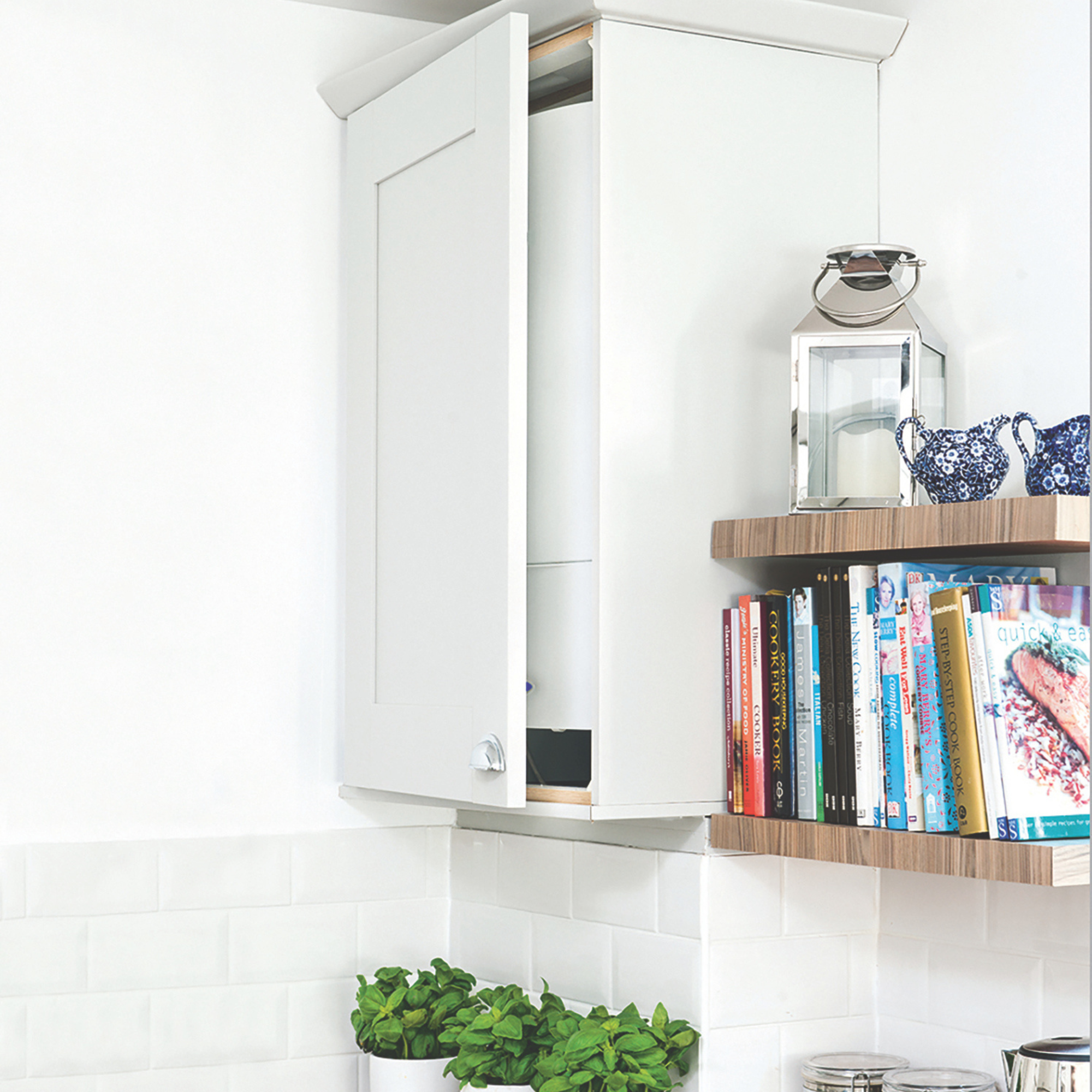
Following the introduction of Ofgem’s 10% energy price cap increase, a lot of us are tightening our belts as we head into the winter months. However, you could be overlooking an easy money-saving fix.
According to experts installing a boiler cylinder jacket, which costs around £20, can help you save up to £200 on your energy bills. Average energy bills are expected to rise from £1,568 to £1,717 per year for a typical household, which makes this avery appealing way to save energy and lower bills.
In the same way as bleeding your radiators or getting your boiler serviced now will save money, a boiler jacket will improve the efficiency of your heating and impact the overall energy bill.

What is a boiler cylinder jacket?
A boiler cylinder jacket is an insulated cover that wraps around your boiler’s water cylinder - or hot water tank - preventing heat from escaping.
‘Without insulation your cylinder is effectively a huge radiator, dispersing the heat from within and using energy to keep reheating it. Many homes across the UK have uninsulated hot water tanks which allow heat to escape,’ says Jack Coles, a heating specialist from MyBuilder.com.
‘If you install a jacket you can reduce heat loss by over 75 per cent, saving up to £200 per year (based on the recent energy prices).

Are boiler cylinder jackets effective?
‘Cylinder jackets are effective because they help improve the insulation of a hot water cylinder, particularly older models that may not be as energy-efficient,’ says Paul Kennard, home expert at HomeServe.
‘Hot water cylinders naturally lose heat, and some of this heat can escape into the surrounding air, leaving you with cooler or no hot water for washing and bathing.
‘Using a hot water cylinder jacket can help to reduce this heat loss by providing an additional insulating layer, keeping more heat inside the cylinder.
‘This means your cylinder will retain more heat and ultimately be more efficient, resulting in less fuel being needed to maintain the desired level of hot water. Ultimately, this leads to lower energy consumption and cost savings!’
Boiler cylinder jackets also require little maintenance post installation, but it is important to regularly check their condition.
‘We do suggest checking them, especially after long periods of use, to ensure they haven’t moved or become damaged,’ says Paul.
‘If the jacket becomes wet or dirty, it may lose some of its insulating properties, so keeping the area around the hot water cylinder clean and dry is helpful. If you notice any wear or damage, it is a good idea to replace the jacket to maintain its effectiveness.’
Jack recommends checking the thickness of your boiler jacket when considering a replacement.
‘Even if you already have a hot water cylinder jacket, you may want to check it is still in good working order and the correct thickness. If it’s not, you should consider replacing it if it’s less than 75mm thick or doesn’t completely cover the tank all the way around,’ he says.
With rising energy costs, making small changes really does make a difference when it comes to saving money.







